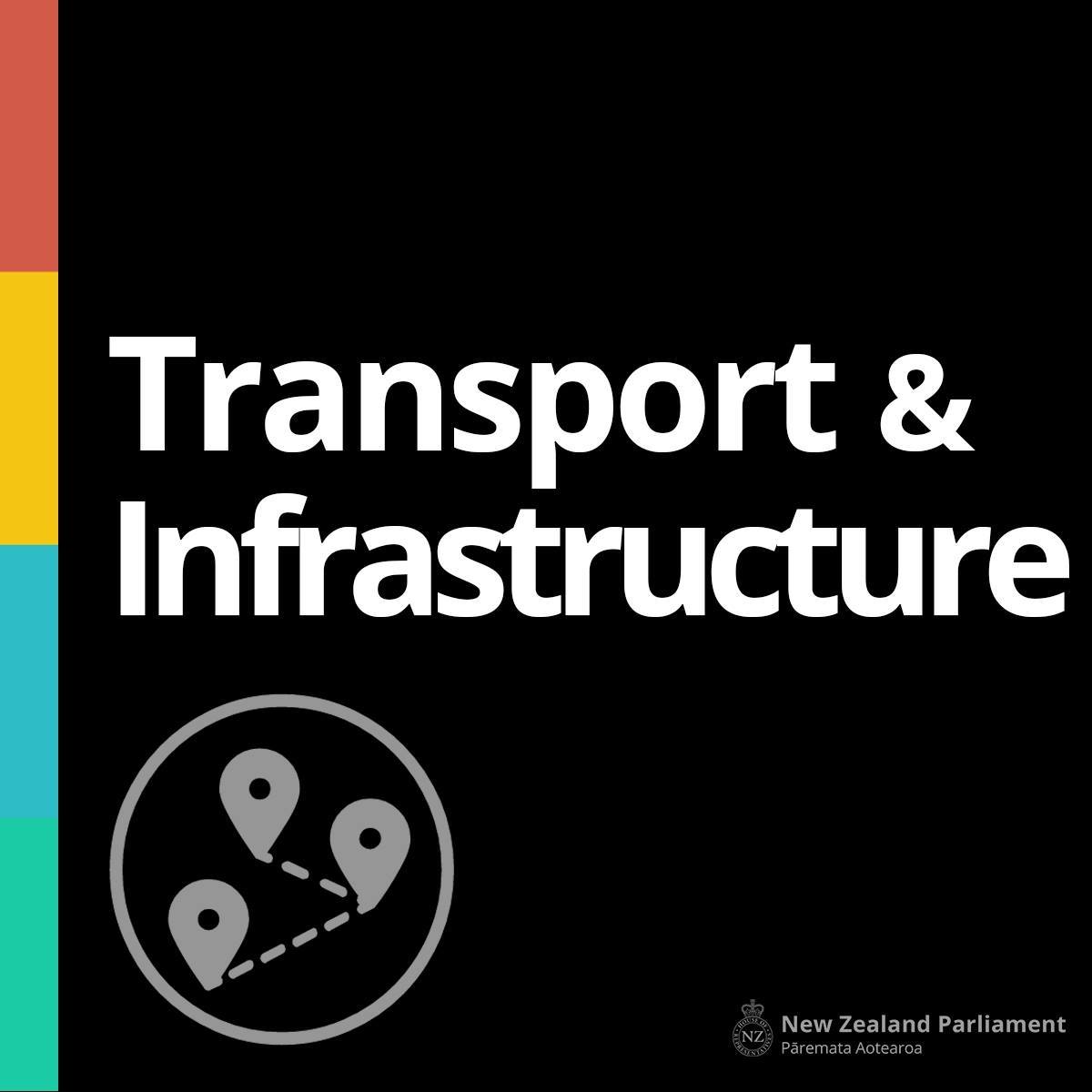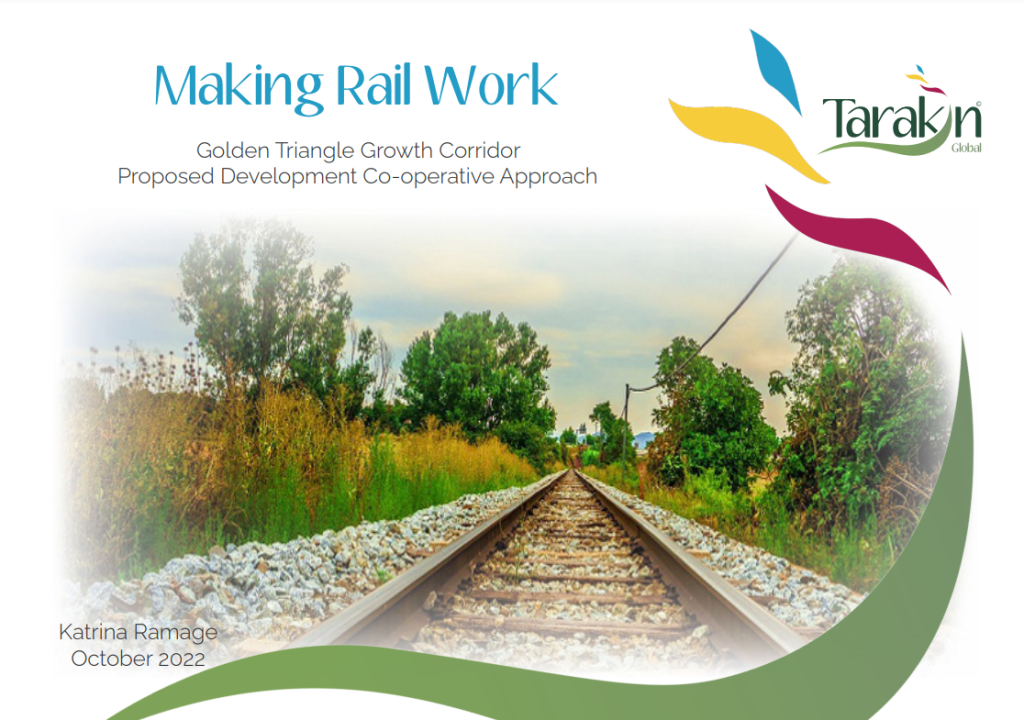Select Committee Response: Katrina Ramage


Katrina Ramage
Founder and Project Director, Making Rail Work
Global specialist on complex governance, stakeholder and community engagement
Tarakin Global Ltd | www.TarakinGlobal.com
We had a few conversations with the Select Committee while the Inquiry was receiving evidence and getting underway. Much like active groups in other parts of the country, they appealed to us to reach out to everyone with an interest; positive or negative. They especially wanted to hear from members of the public.
We had covered a lot of different potential opportunities in the Making Rail Work report, so when Shannon Halbert MP took over as Chairperson of the Select Committee, I was asked to provide a short telephone briefing while he was on the move.
I provided an overview, and he agreed that some of our recommendations sit outside of the Committee’s remit to investigate. I asked if we could break it down based on each of the areas of expertise our community members represented. He said that it would be up to the Office of the Clerk as to what was accepted and how it was programmed into the schedule.
Michael, Susan and I submitted responses and were seen on the same day. Mary Abiad, our 17-year-old Rangatahi Outreach lead, had an exam that day so submitted a recorded response, which was followed up with a question session with the Committee a few days later.
My proposal for using a co-operative business structure clearly resonated with both corporate and governmental Kiwi organisations, which was reassuring given that the system bases itself in community membership. Although, I was still concerned about the political band-wagoning that often derails community-driven initiatives.
As you will see from the submission, I propose to use a Development Corporation model. This would usually have a Limited Company structure at its base, but by using a Co-operative business structure instead, this would ground the ownership of assets and decision-making with real Kiwis. Thus, we called it a ‘Development Co-operative’.
Traditional Development Corporations are a sophisticated answer to making complex public-private partnerships work more effectively. They are also better positioned to deliver multi-election-cycle projects, which is the first step towards planning for multi-generational targets. Most importantly, they force government organisations from across the policy spectrum to consolidate their efforts when delivering in specific locations, which prevents duplicate spending on public engagement and education.
The London Olympic Delivery Authority, which was a development corporation founded on a volunteering, was also enabled to act on behalf of UK Inc, which allowed consolidation of domestic business needs as a way of attracting inward investment and new money to help with the cost of infrastructure investment.







